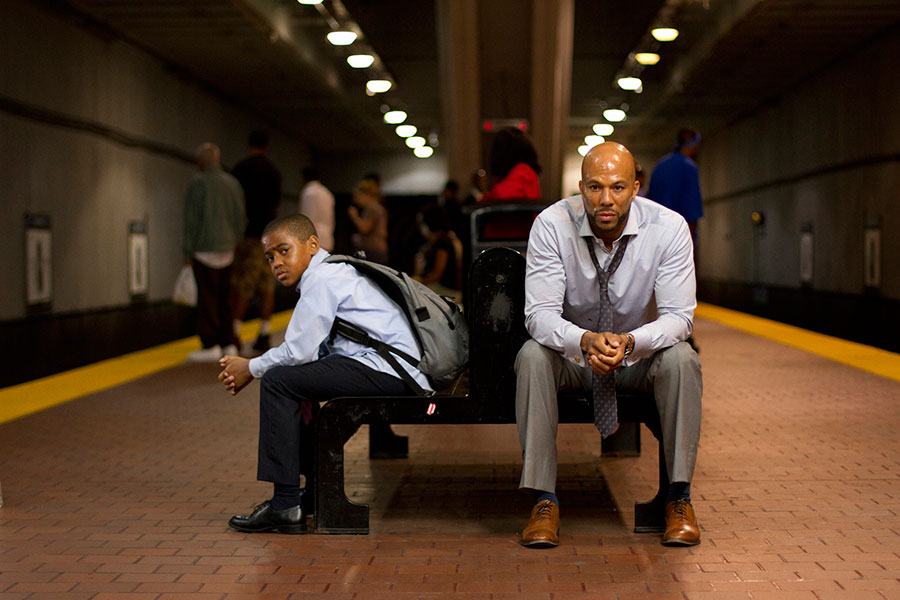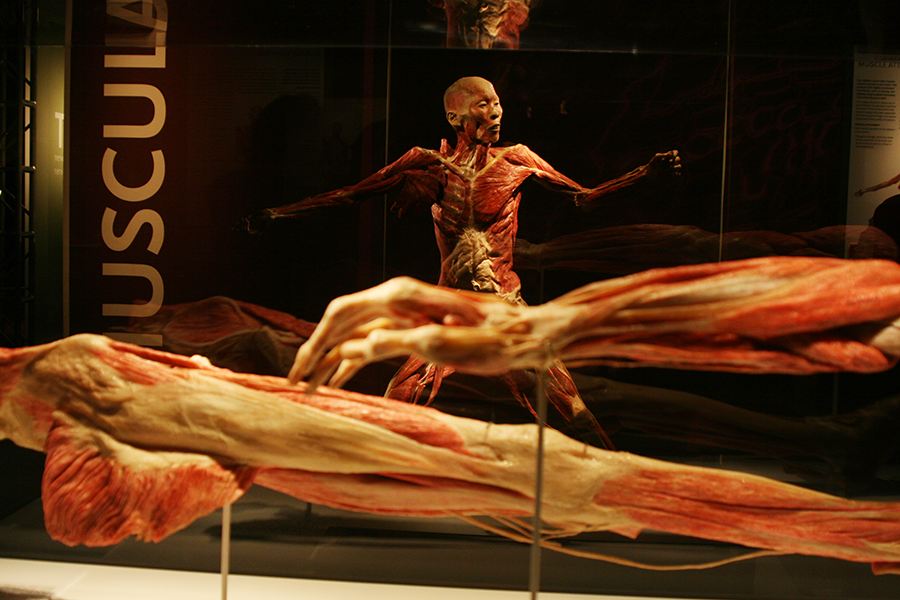By Shelly Williams/editor-in-chief
Lawyers representing TCC and the American Civil Liberties Union argued why U.S. District Judge Terry Means should rule in their favor in the empty holster lawsuit.
Both sides were told by Means to submit a formal written final argument Jan. 28 before a final ruling could be made on a lawsuit filed against TCC in November, stating the college violated the free speech rights of the students by denying them a Students for Concealed Carry on Campus protest.
Officials have no word when Means might issue his ruling.
Clayton Smith, a student who attended TCC in the fall and currently studies at the University of Texas at Arlington, filed the lawsuit but plans to participate with companion John Schwertz Jr. in an SCCC-sponsored empty holster protest in April.
The college said that after TCC revised its student handbook, the two students and the ACLU changed their complaint, saying that the provisions made were still unconstitutional.
“TCC prohibits students from participating in protests sponsored by SCCC and prohibits visitors from protesting at all on the campus,” the ACLU said in its final argument.
The ACLU said that by participating in April as a non-student, Smith and any other non-student participating could end up facing criminal charges instead.
“Non-students do not have the rights, privileges, duties or potential exposure to disciplinary sanctions that characterize enrolled students,” the ACLU said in its concluding argument. “State law provides the remedies TCCD must invoke to control improper non-student conduct on its campus. TCCD can enforce its restrictions on expression against non-students only by criminal sanctions whereas students can also be administratively disciplined.
“Smith is not a student, having not enrolled, and the only sanctions TCC can impose against him if he violates these restrictions are criminal. TCC cannot eliminate Smith’s standing to challenge these restrictions by manipulating the definition of ‘student’ in the handbook.”
However, TCC contradicted that argument by saying the ACLU’s point was void and that Smith was still considered a student at TCC because he is still eligible for re-enrollment.
“With respect to free speech and expression activities, student is a defined term which includes a person who is currently enrolled in the college district,” TCC said in the written document, “who is accepted for admission or readmission to the college district or who has been enrolled at the college district in a prior semester or summer session and is eligible to continue enrollment in the semester or summer that immediately follows.”
TCC said that because of this, both are still recognized as students, and they did not have the ability to agree with the challenges made by the ACLU because they were not considered part of the non-student population.



























